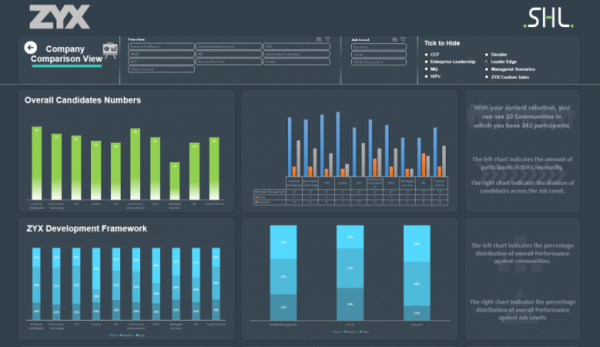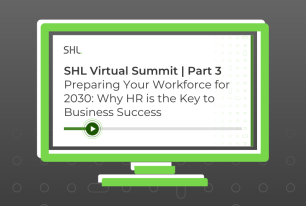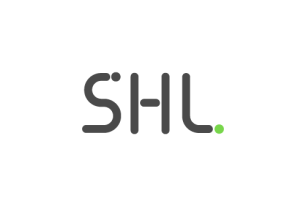Re-aligning Talent and Strategy by Generating Valuable Insights from Talent Data
How to use talent data to provide new strategic value to business leaders and acquire a competitive advantage in the market.
Share
The business environment is changing fast and along with it the talent needed to achieve key performance indicators has shifted — creating a critical skills gap for organizations around the world.
We can see this clearly in the latest PWC Annual CEO Survey — CEO’s confirmed that the skills gap is a significant pain point that is crippling their business. It is impacting forward-looking strategic activities like innovation, pursuing new opportunities, and reaching growth targets. CEO’s are increasingly in demand for information on talent data, so they can learn about the abilities and potential of their talent at the individual and collective level.
An ever-changing business context equals a constant change in business strategies, leading to a growing misalignment between talent and strategy. 82% of HR leaders1 are aware of the skills gap and the impact of talent on business results – therefore, the importance of collecting & analyzing talent data.
Most HR leaders agree that they are often missing the right data to inform their organization’s talent stack against business strategy and the competition. This has become a priority in most HR organizations today. CHRO’s are collecting more objective and predictive data on talent, which usually includes assessment data along with other metrics (e.g. performance ratings).
There are several hurdles that still exist with talent data. It is often not trusted because it can be too scarce, not objective enough, and not speaking the business language. HR metrics and insights can be perceived as disconnected from the business. It is critical to focus on the business strategy and business leaders’ priorities when analyzing talent data to create interesting and actionable insights, which can make or break the impact of talent data, along with quality and amount of data.
82% of HR leaders are aware of the skills gap and the impact of talent on business results.
Most companies are not yet effectively using talent data to inform business decisions. There is a strong opportunity for HR Leaders today to provide new strategic value to business leaders through talent data and, by doing so, acquire a competitive advantage.
At SHL, we gather our client’s relevant data and present it in a tangible way that is easy to understand and analyze. A couple of examples of this include:
#1—Evaluating the trends of high performers
An example of this is how our clients use the Occupational Personality Questionnaire (OPQ): when fulfilling a role, or many roles, candidates complete the OPQ, which gives the business objective data on how that individual’s personality would perform against the challenges of the role.
However, when putting the results of many candidates or employees together, the organization can also explore trends among high- and/or medium performers, and then build selection processes, development plans, or project teams on those trends.

#2—Growing diversity in your workforce through objective talent data
Another example is by comparing the OPQ data against SHL’s 27 contextual challenges to reduce bias and increase diversity across the organization. This insight allows business leaders to choose the most important challenges that any given role will face and scores the likelihood of each person’s ability to succeed with those challenges. SHL found that women perform better than their male counterparts in 25 out of 27 of the challenges.
These are just a couple of ways in which assessment data can be used to tackle some of the most pressing business challenges of today. However, the possibilities of talent analytics are endless depending on the insights needed.
Get in touch with our experts to learn what we can do for you.
Endnotes
1 SHL GATR report, 2018.









